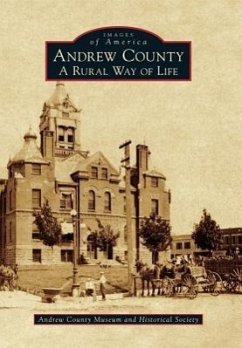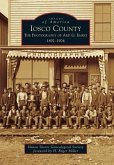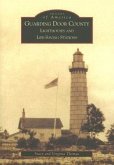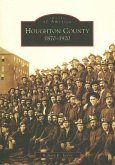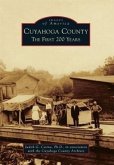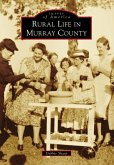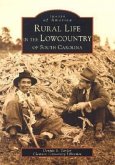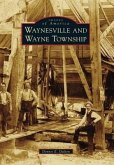Fertile land lured settlers to Andrew County in the 19th century, and the productive land exerted its hold on farm families for generations thereafter. As America shifted from farm to city life, Andrew County remained a collection of rural towns serving the needs of nearby farms. Country people came to town to get their mail or shop at the general store. On the courthouse square, they gossiped with friends and neighbors. Their rural way of life, however, never isolated them from economic or technological change, nor from the nation's vibrant popular culture. In the 20th century, farm families drove to town to enjoy The Wizard of Oz at a movie theater. Kitchens became outfitted with electric ranges and refrigerators, and a mastery of the "science of agriculture" proved necessary to manage large and mechanized farming operations. In short, county residents displayed a remarkable ability to adapt to change while retaining their traditional values.
Hinweis: Dieser Artikel kann nur an eine deutsche Lieferadresse ausgeliefert werden.
Hinweis: Dieser Artikel kann nur an eine deutsche Lieferadresse ausgeliefert werden.

